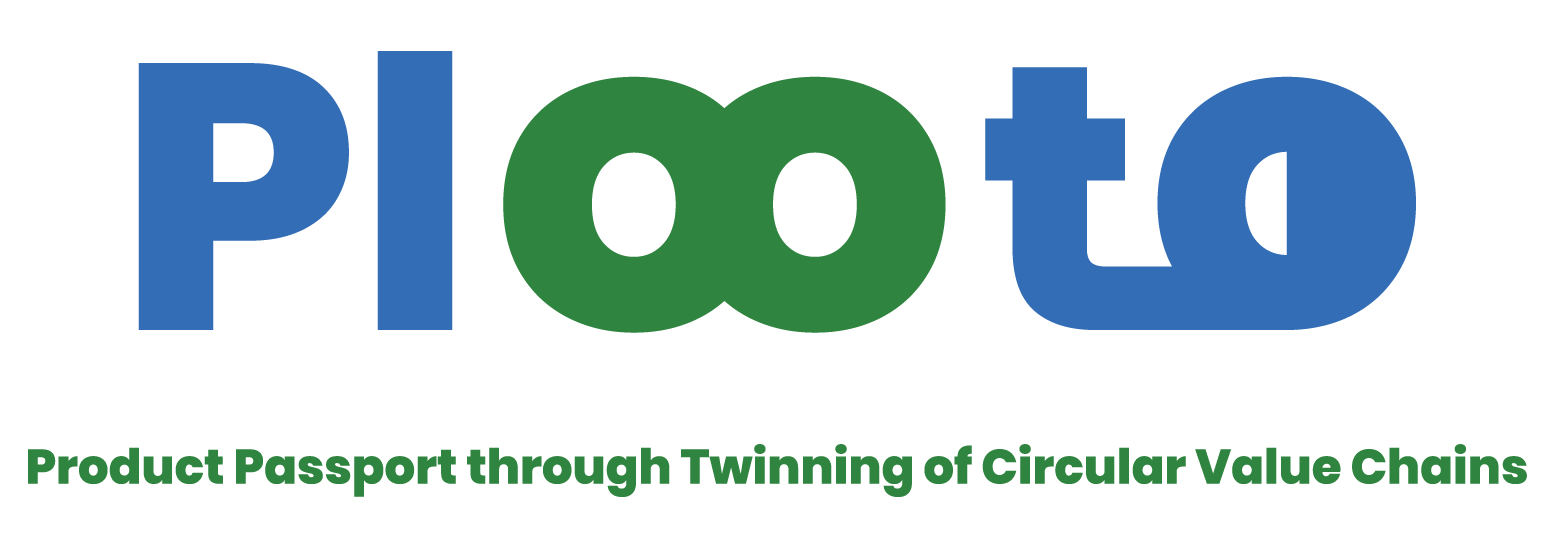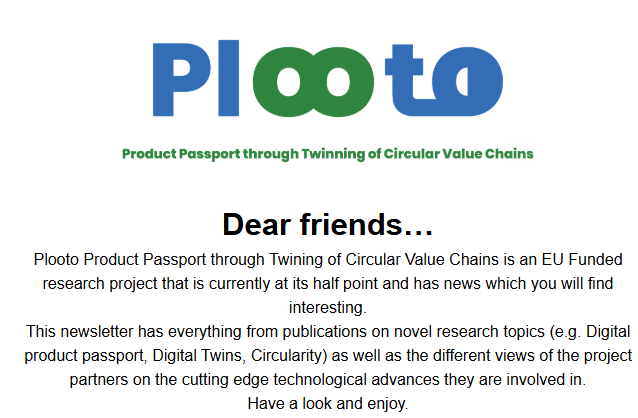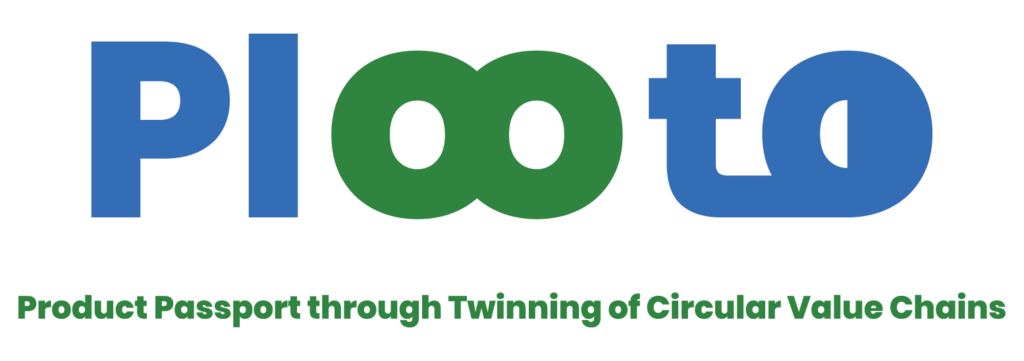
Dear friends…
Plooto Product Passport through Twining of Circular Value Chains is an EU Funded research project that is currently at its half point and has news which you will find interesting.
This newsletter has everything from publications on novel research topics (e.g. Digital product passport, Digital Twins, Circularity) as well as the different views of the project partners on the cutting edge technological advances they are involved in. Have a look and enjoy.
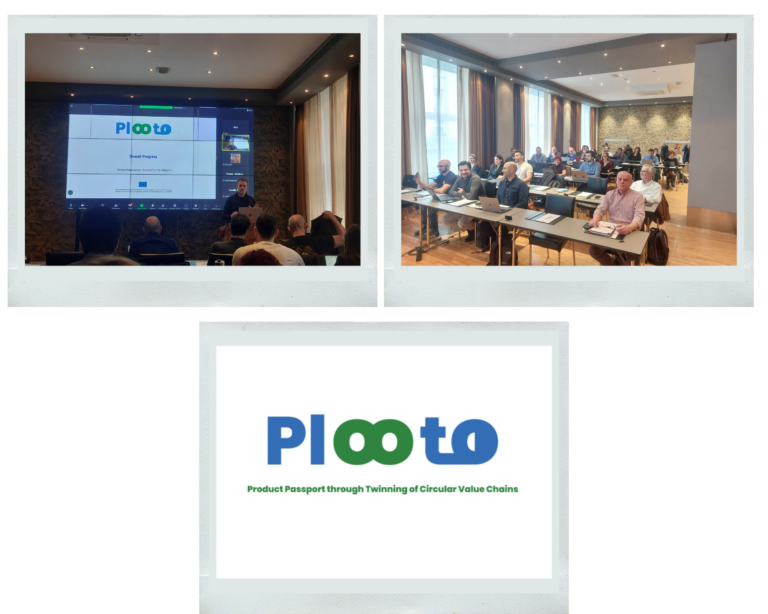
The PLOOTO project held its Consortium Meeting in Ljubljana – Slovenia in a two-day meeting between 19-20.03.2024. All PLOOTO partners came together to discuss the current status of the project and plan ahead the next technical steps. Read More
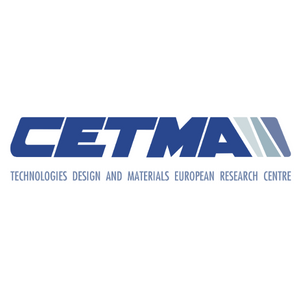
REUSE OF UNCURED PREPREG WASTE FOR DRONE PRODUCTION.
CETMA (European Research Center for Technologies Design and Materials) is a Research and Technology Organization (RTO) involved in industrial development activities on advanced materials and processes, computer engineering and industrial design. Read More
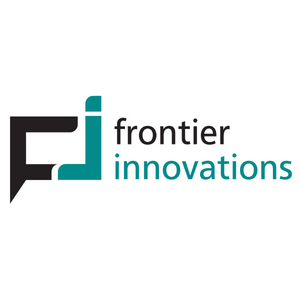
Frontier Innovations on Plooto Analytics
The climate crisis, the depletion of resources and increasing pollution highlight the need for a model of circular economy (1) in the European continent, and through this, the establishment of a cycle where materials, products and resources can be reused and recycled. Read More
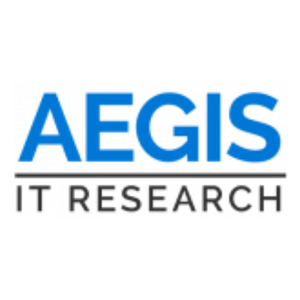
AEGIS on the Plooto Blockchain
Plooto’s mission is to boost circularity and prolong the value chains of products by enabling organisations’ collaboration. To this end, there is a need for healthy collaborations in a transparent and trustable environment. AEGIS is offering a solution by implementing Blockchain technology that will support the management, sharing and validation of the Digital Product Passports. Read More
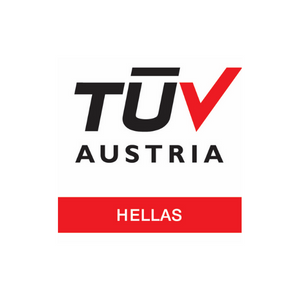
TUV AUSTRIA HELLAS on Plooto process verification
The ever-increasing demand for rare resources and critical raw materials (CRM) requires effective resource use—reuse and recycling of materials—and responsible waste management and prevention. The circular economy model creates a cycle where products and resources can be reused and recycled to maximize resource productivity, reduce waste, and convert products into raw materials (RMs) that enter other industrial processes, thus reducing the depletion of natural resources and the overall environmental impacts on climate change. Read More
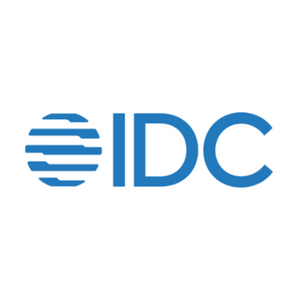
IDC on DPPs for circular economy and market readiness
The European Union (EU) has been at the forefront of advocating for a circular economy, aiming to reduce waste, promote resource efficiency and create a more sustainable society. With ambitious policies like the European Green Deal and the Circular Economy Action Plan, the EU has set targets to achieve a carbon-neutral continent by 2050 and to decouple economic growth from resource use. Read More

